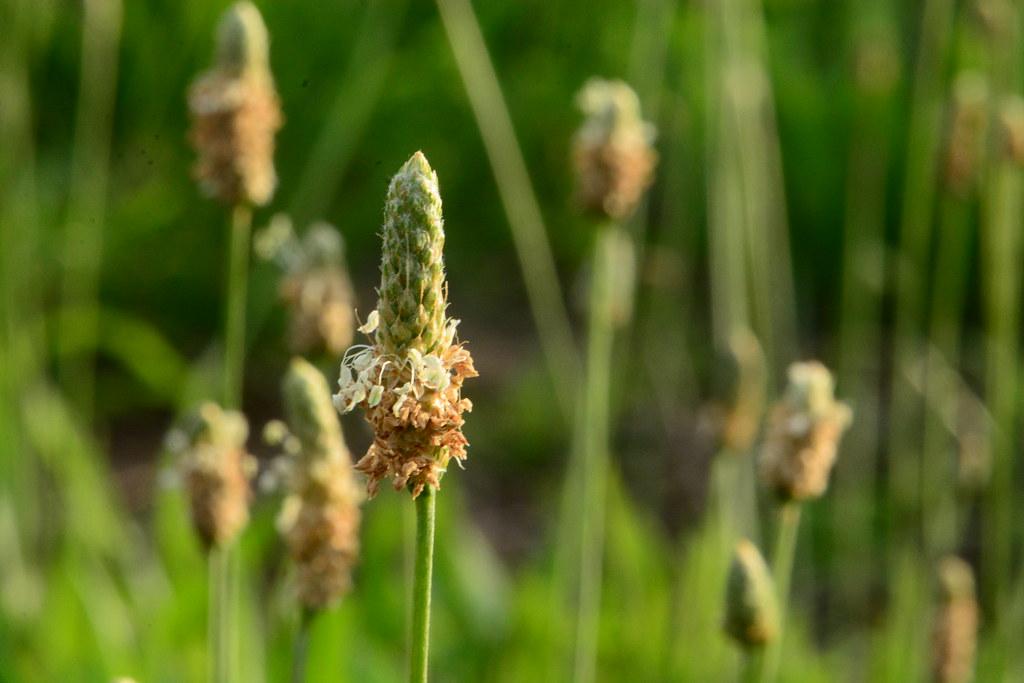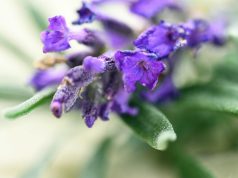Inflammation is a natural response by the body to injury or infection, a sign that your immune system is actively working to heal and protect you. However, when inflammation becomes chronic, it can lead to discomfort and contribute to various health issues. If you’re seeking a gentle, holistic approach to managing inflammation, nature offers a wealth of solutions. In this guide, we will explore how you can harness the power of herbs to naturally reduce inflammation. With empathy and understanding, we’ll walk you through practical steps and insights, helping you incorporate these age-old remedies into your daily routine for a healthier, more balanced life.
Understanding Inflammation and Its Impact on Your Health
Inflammation is a natural response of the body’s immune system, but when it becomes chronic, it can lead to various health issues. Fortunately, nature provides us with a variety of herbs that can help mitigate inflammation and promote overall well-being. Here are some powerful herbs you can incorporate into your daily routine:
- Turmeric: Known for its active compound, curcumin, turmeric is a potent anti-inflammatory agent. It can be added to meals, smoothies, or consumed as a supplement.
- Ginger: This root is not only great for digestion but also reduces inflammation. Fresh ginger can be used in teas, juices, or grated into your favorite dishes.
- Green Tea: Rich in antioxidants, green tea helps reduce inflammation and protects cells from damage. Enjoy a cup or two daily to reap its benefits.
These herbs work best when integrated into a balanced diet and healthy lifestyle. Here’s a simple comparison of some popular anti-inflammatory herbs and their benefits:
| Herb | Key Benefit | Usage Tips |
|---|---|---|
| Turmeric | Reduces joint pain | Add to curries or smoothies |
| Ginger | Aids digestion | Use in teas or soups |
| Green Tea | Boosts immunity | Drink freshly brewed |

Harnessing the Power of Anti-Inflammatory Herbs
Embracing the natural potency of herbs can significantly aid in managing inflammation, offering a gentle yet effective approach to maintaining health. Certain herbs contain powerful compounds that target inflammation at its source, providing relief and supporting overall well-being. Here’s how you can incorporate these herbal allies into your daily routine:
- Turmeric: Renowned for its active compound, curcumin, turmeric is a powerhouse in reducing inflammation. Adding a teaspoon to your soups or smoothies can make a noticeable difference.
- Ginger: With its spicy kick, ginger not only adds flavor but also boasts anti-inflammatory properties. Consider sipping on ginger tea or adding fresh ginger to your stir-fry dishes.
- Rosemary: This fragrant herb contains rosmarinic acid, which helps combat inflammation. Sprinkle it on roasted vegetables or infuse it in olive oil for a flavorful dressing.
| Herb | Active Compound | Usage Tips |
|---|---|---|
| Turmeric | Curcumin | Add to smoothies or soups |
| Ginger | Gingerol | Brew as tea or add to stir-fry |
| Rosemary | Rosmarinic Acid | Use as a seasoning for vegetables |
Incorporating these herbs into your lifestyle can be a transformative step towards naturally reducing inflammation. Whether you choose to cook with them or sip them as teas, their beneficial effects can be a comforting addition to your health regimen.

Incorporating Herbal Remedies into Your Daily Routine
Embracing the healing power of herbs can be a game-changer for managing inflammation. Infusing your day with these natural remedies is easier than you might think. Start with turmeric, known for its powerful anti-inflammatory properties due to the compound curcumin. You can add a pinch to your morning smoothie or sprinkle it into your scrambled eggs for a vibrant start to your day.
Incorporate ginger by brewing a warm ginger tea. Simply slice fresh ginger root and steep it in hot water for a soothing drink that can ease inflammation and improve digestion. You might also try adding grated ginger to your stir-fries or salad dressings for a zesty kick.
- Turmeric – Add to smoothies, eggs, or teas.
- Ginger – Use in teas, stir-fries, or dressings.
- Green Tea – Sip regularly to benefit from its antioxidants.
- Rosemary – Sprinkle over roasted vegetables or meats.
| Herb | Form | Usage Tip |
|---|---|---|
| Turmeric | Powder | Mix with black pepper to enhance absorption |
| Ginger | Fresh | Add to hot water with lemon |
| Green Tea | Leaves or Bags | Pair with a dash of honey |
| Rosemary | Fresh or Dried | Combine with olive oil for marinades |

Precautions and Considerations for Herbal Use
When incorporating herbs into your routine to combat inflammation, it’s essential to approach with care and awareness. Herbs, while natural, can interact with medications and underlying health conditions. Before starting any herbal regimen, consult with a healthcare professional, especially if you are pregnant, nursing, or on medication. This ensures that your journey to wellness is both safe and effective.
Here are some considerations to keep in mind:
- Allergies: Check for any known allergies to herbs or related plant families.
- Dosage: Start with a small amount and gradually increase to monitor how your body responds.
- Quality: Choose high-quality, reputable sources to ensure the purity and potency of the herbs.
| Herb | Potential Interaction |
|---|---|
| Turmeric | May enhance blood-thinning medications |
| Ginger | Could affect blood pressure medications |
| St. John’s Wort | Interacts with antidepressants |
By taking these precautions, you can confidently integrate herbs into your lifestyle, harnessing their benefits while minimizing risks. Remember, listening to your body is key, and adjustments may be necessary as you explore what works best for you.








































